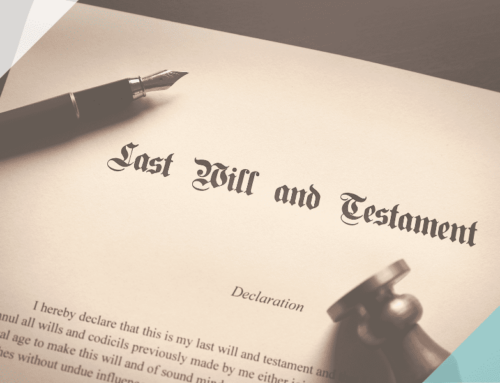In your Will, you can leave your estate to whoever you want to. However certain categories of people can claim “reasonable provision” from your estate if you have left them nothing. A reasonable provision claim is brought under the Inheritance (Provision for Family and Dependants) Act 1975.
A recent case heard in the Family Division of the High Court in London is described as the clearest possible case for an Inheritance Act Claim by a surviving spouse.
Harbans Kaur was married to her husband Karnail Singh for 66 years and when he died in 2021, she discovered that her husband had excluded her and their 4 daughters from his Will which was estimated to be worth around £1.9 million.
The reason for this is that Mr Singh wished for his estate to be passed “solely down the male line of his family”, which was to be inherited by his two sons.
Mrs Kaur was left with no financial provision and therefore sought legal advice to bring a claim against her husband’s estate.
Mr Justice Peel ruled that Mrs Kaur, who was aged 83, should be awarded 50% of the net value of the estate as it was clear that reasonable provision had not been made for her. Her only income was made up of state benefits which consisted of around £12,000.
It was ruled that Mrs Kaur played a “full role” in the marriage and also contributed to the family by working in the family clothing business. Mr Justice Peel summarised “… this is the clearest possible case entitling me to conclude that reasonable provision has not been made for the claimant. It is hard to see how any other conclusion can be reached”.
If you feel that you have been left out of a Will then you may have a claim under the Inheritance (Provision for Family and Dependants) Act 1975.
The types of people that may be eligible to bring a claim under the Act include;
- Spouse or civil partner of the deceased
- A former spouse or civil partner of the deceased (as long as that person has not remarried or entered into a subsequent civil partnership)
- A person who was living with the deceased as if they were a spouse or civil partner for 2 years prior to the death
- A child of the deceased
- A person who was treated as a child of the deceased
- Any other person who was maintained by the deceased immediately prior to their death, this means by way of financial support such as regular payments or large gifts. Allowing them to live in their property either rent-free or at a reduced rate of rent can also be classed as maintenance.
If you wish to discuss any potential claim, please contact Edward Powell in our Contentious Probate team on 01206 239755.





